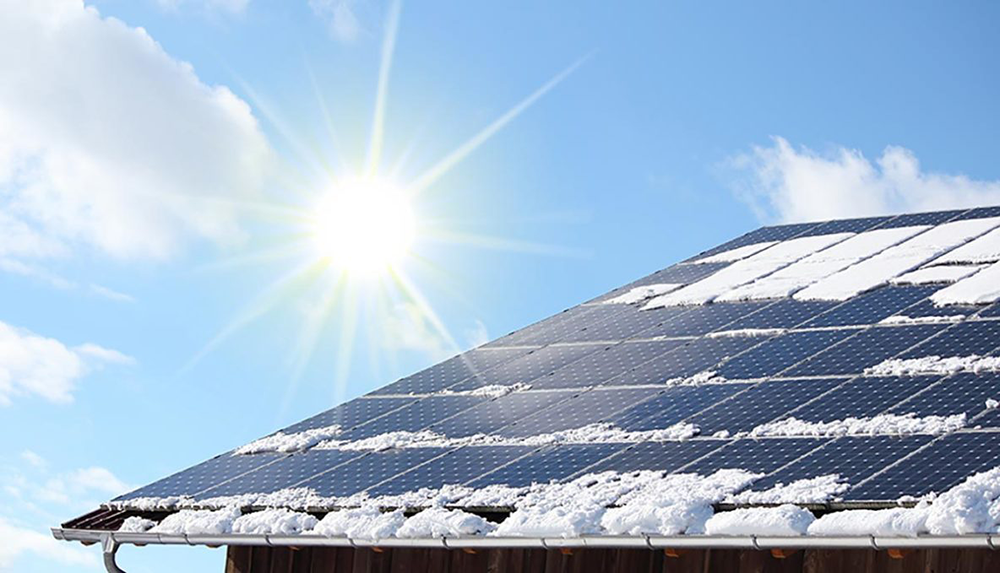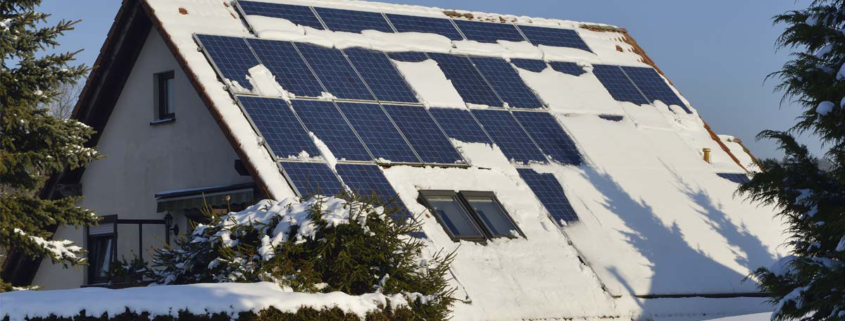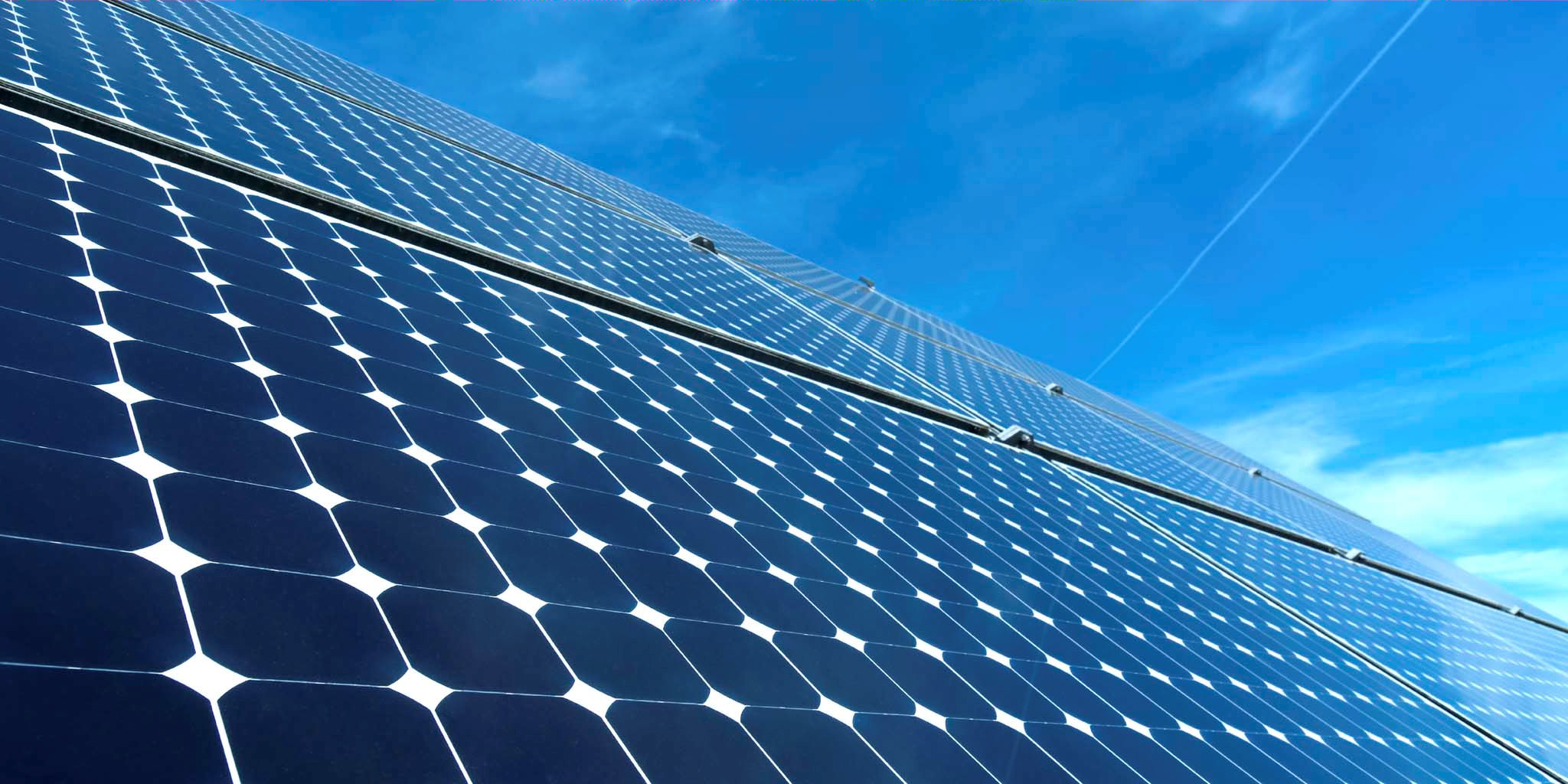How to Prepare Your Solar System for Winter Weather
As the days grow shorter and the temperature begins to drop, it’s important for solar system owners to start thinking about how to protect and prepare their investment for the harsh winter months. Winter weather can present unique challenges for solar panels, batteries, and other components, so taking proactive steps to ensure their efficiency and longevity is crucial. In this blog post, we’ll discuss a comprehensive guide on how to prepare your solar system for winter weather.
1. Perform a System Check
Before winter arrives, it’s essential to conduct a thorough inspection of your solar system. Check for any visible damage, such as cracked or broken panels, loose wiring, or signs of corrosion. If you spot any issues, address them promptly to prevent further damage during winter storms.
2. Trim Surrounding Vegetation
Overhanging branches and dense vegetation can cast shadows on your solar panels, significantly reducing their energy production. During the winter months, when the sun’s angle is lower, shading can have a more significant impact. Trim any trees or shrubs that might obstruct sunlight and cast shadows on your panels.
3. Clean Your Panels
Dirty or dusty solar panels can result in reduced energy output. Fallen leaves, bird droppings, and accumulated grime can all hinder the efficiency of your system.

Before winter sets in, give your panels a thorough cleaning to ensure maximum sunlight absorption. Use a soft brush, a gentle cleaning solution, and a hose to remove any debris.
4. Inspect and Clean the Mounting System
The mounting system that holds your solar panels in place should also be inspected for any signs of wear or damage. Tighten any loose bolts and ensure that the panels are securely fastened. Additionally, clean any dirt or debris that might have accumulated around the mounting system, as this can affect its stability.
5. Check Battery Health
If you have a solar battery storage system, it’s essential to check the battery’s health before winter arrives. Cold temperatures can impact battery performance, so ensure that the battery is properly charged and functioning optimally. Consult your battery’s manufacturer for specific guidelines on winter maintenance.
6. Monitor Inverter Performance
The inverter is a critical component of your solar system that converts the DC power generated by the panels into AC power usable by your home. Cold temperatures can affect inverter performance, so monitor its functionality and efficiency. If you notice any issues, contact a professional to diagnose and address the problem.
7. Consider Snow Removal
If you live in an area prone to heavy snowfall, consider the impact of snow accumulation on your panels’ performance. While some snow can slide off on its own, accumulated snow can impede sunlight absorption. Use a soft snow brush or a snow rake with a long handle to gently remove snow from the panels, avoiding any excessive force that could damage them.
8. Have a Backup Power Plan
In case of severe winter weather that reduces solar energy production, it’s wise to have a backup power plan in place. This could involve connecting to the grid temporarily or using a generator to ensure you have power during periods of low sunlight.
Winter weather can pose unique challenges to your solar system, but with proper preparation and maintenance, you can ensure that it continues to operate efficiently throughout the colder months. Regular inspections, cleaning, and monitoring of your system’s components will go a long way in maximizing its performance and longevity. By following the tips outlined in this guide, you’ll be well-equipped to embrace the winter season while enjoying the benefits of your solar investment.




